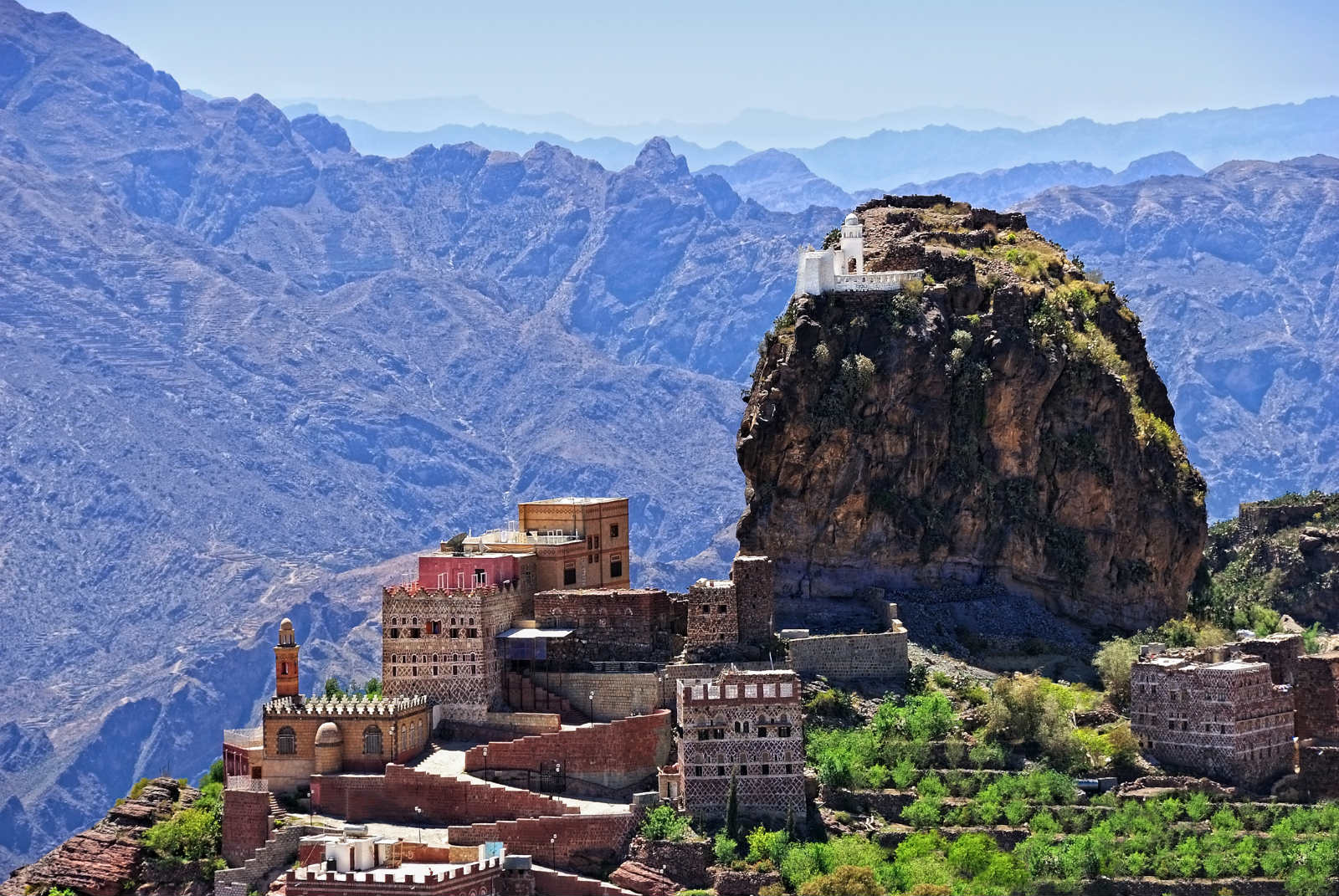The Safest countries in the Middle East: UAE ranks Second Place

The Middle East region is definitely a place that attracts travelers from all over the world, with its traditions and cultures so unlike those of the Western world. However, the countries located in this part of the world are often considered unsafe to visit, but it’s far from the truth, as some get a lion’s share of tourists and expats on a yearly basis. Make no mistake – there are particular areas that aren’t the best ‘travel friendly’ destinations, we will take a look at these too. Nevertheless, there are countries in the region that have been listed among the safest places in the world, such as the United Arab Emirates and Oman.
The Safest Places to Visit in the Middle East in 2021
The Middle East has a lot to offer to travelers, including a vast expanse of sandy deserts, rich history, culture and religious landmarks – all in perfectly safe conditions.
Qatar
To put it simply, Qatar is how you would imagine the Middle East after reading ‘Arabian Nights.’ Its capital, Doha, is quickly becoming one of the most prominent cities in the world, combining the Middle Eastern culture with a cosmopolitan lifestyle and entertainment found in other large urban cities across the world. As for safety in Qatar, it is an exceptionally safe country to visit, as it has low crime levels and rarely sees occurrences of violence. Law-enforcement authorities quickly react to any kind of crime here, so both local residents and tourists can go about their own business safely at any time of the day. On the other hand, one can get into trouble with the law in Qatar by just bouncing a check! There have been reports about credit card scams in the country, so be mindful. It is best not to use ATMs in a public place, instead go inside a bank or use the cash machine in your hotel, if possible.
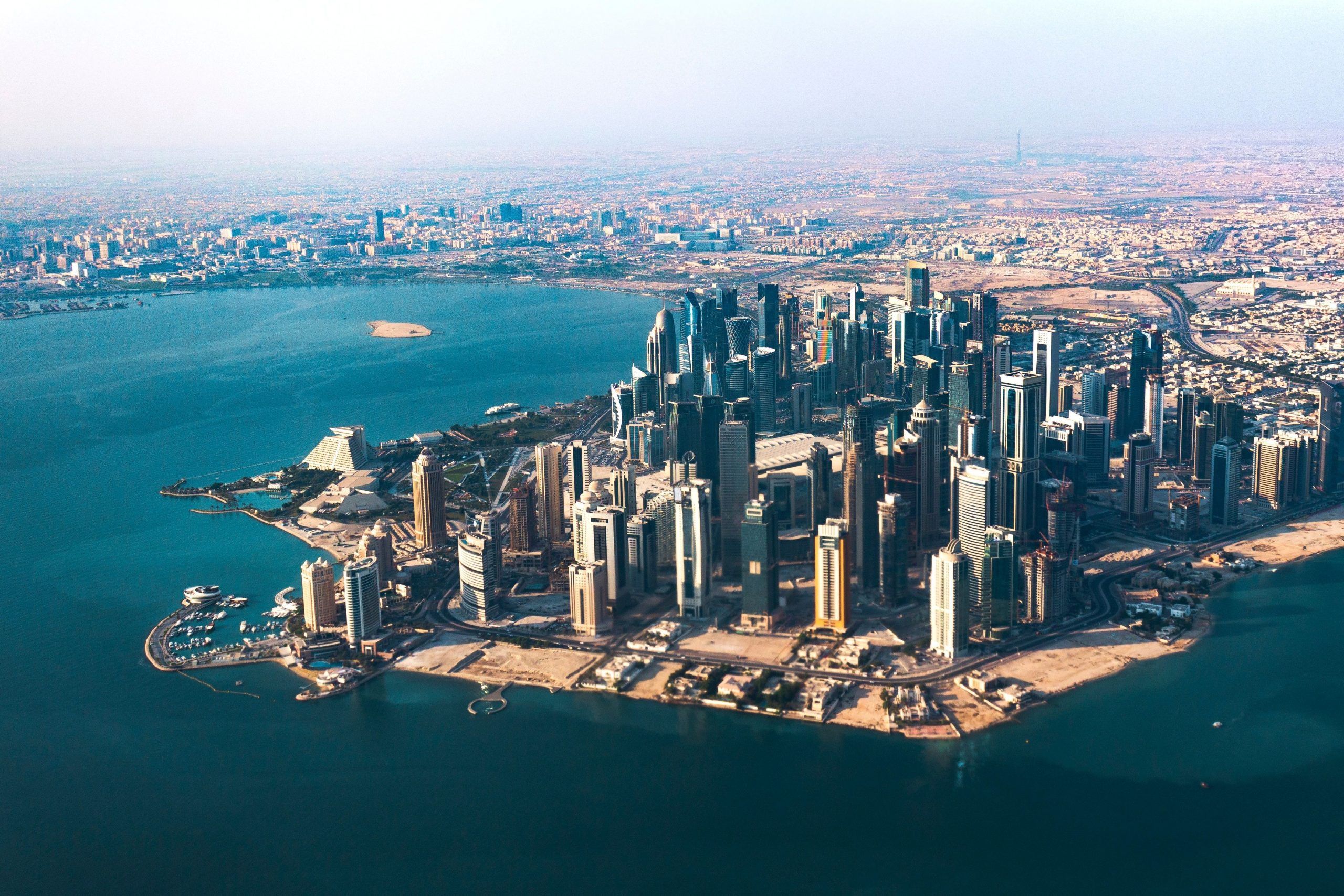
The United Arab Emirates
The United Arab Emirates, or the UAE for short, is basically a bridge between the Eastern and Western worlds. The country’s largest cities, Dubai and Abu Dhabi, are ultra-modern urban centers that house world-class shopping malls, the world’s tallest building,Burj Khalifaand some of the finest eateries in the world.Both cities are at the forefront of technology and innovation and have turned what was once desert sand dunes into flourishing metropolises in the space of 10 years. The UAE has been named the world’s safest place to visit, twice. The UAE is one of the wealthiest countries in the Middle East, which is one of the reasons for its level of safety measures for travelers. The police provide a diligent monitoring system in the larger cities, like the aforementioned Abu Dhabi and Dubai, which means criminals are caught extremely quickly, thus reducing crime rates and keeping danger levels to a minimum.
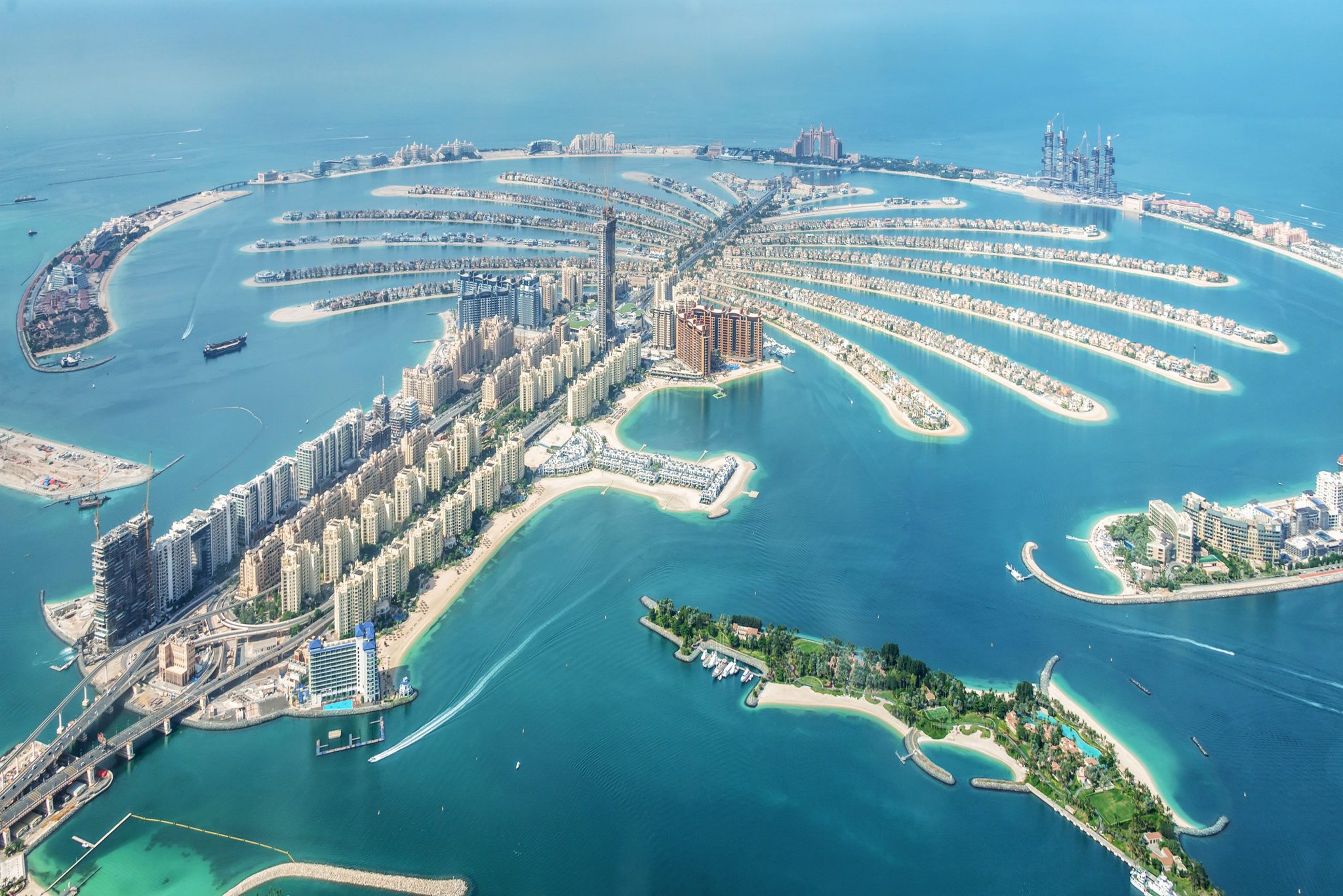
Jordan
Jordan has more than just Petra to offer to its visitors even though it’s the most renowned historical site in the world and one of the most popular tourist landmarks. However, travelers who are visiting Jordan can also enjoy the sights of the Dead Sea, mosaics of Madaba, and multiple Judeo-Christian historical landmarks that make this country a nexus between the past and the present. Jordanian locals are very hospitable people that enjoy welcoming visitors from other countries, especially from the Western world. In terms of safety, the country’s government invests a lot of money and effort into ensuring safety for its visitors. Jordan’s tourist regions feature top-level security measures and law enforcement activity, thus reducing crime rates and danger levels.
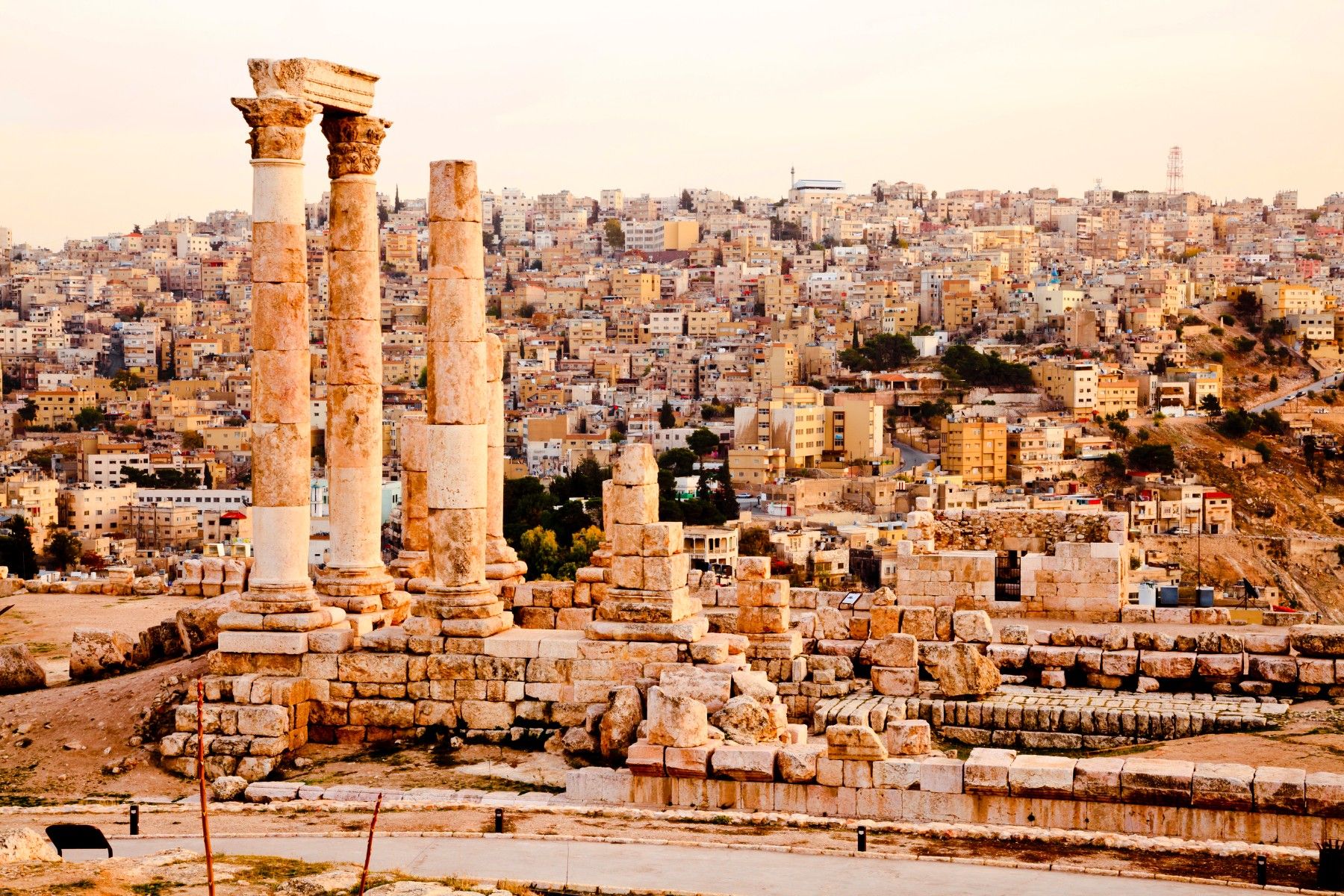
Kuwait
About 15 years ago, Kuwait was regularly mentioned in the news during the period of time when the country was invaded by Iraq, which caused the Gulf War. Since then, the country has pretty much recovered and has become a popular tourist destination. Today, Kuwait is definitely a safe place to visit. Kuwait is quite a wealthy country that has an incredibly low crime rate. Although some embassies warn against traveling to Kuwait because of terrorismThe last incident happened back in 2005 during Ramadan at a mosque. It wasn’t a direct attack on tourists, so it can’t be counted as an act of aggression against foreigners. The only note of concern in terms of safety is the low level of traffic rules observance in the country, if you’re driving on your own. The best way to avoid trouble here is to hire an experienced Kuwaiti driver that will help you get around.
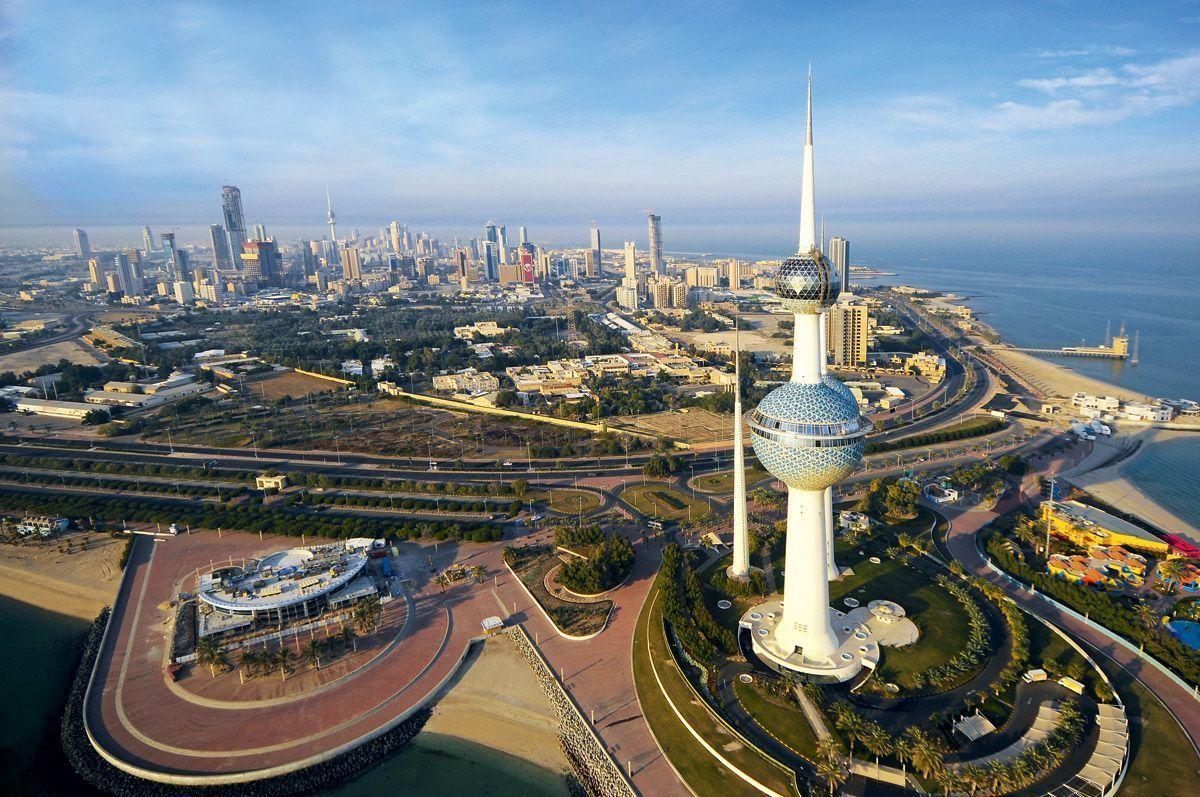
Oman
Oman is a tiny country that stands out into the Sea of Oman, the Arabian Gulf, and the Arabian Sea. Officially, it only has 600,000 residents and a total of 3 million people living there. The Omanis are welcoming to foreigners and the country is pretty much safe for travel. However, it is still a Muslim country, so it’s best to do some research in terms of religious traditions and rules before visiting. Oman’s friendly natives and low crime rates make it one of the safest nations in the Middle East. As reported by the World Economic Forum, Oman is the fourth safest country in the world today.
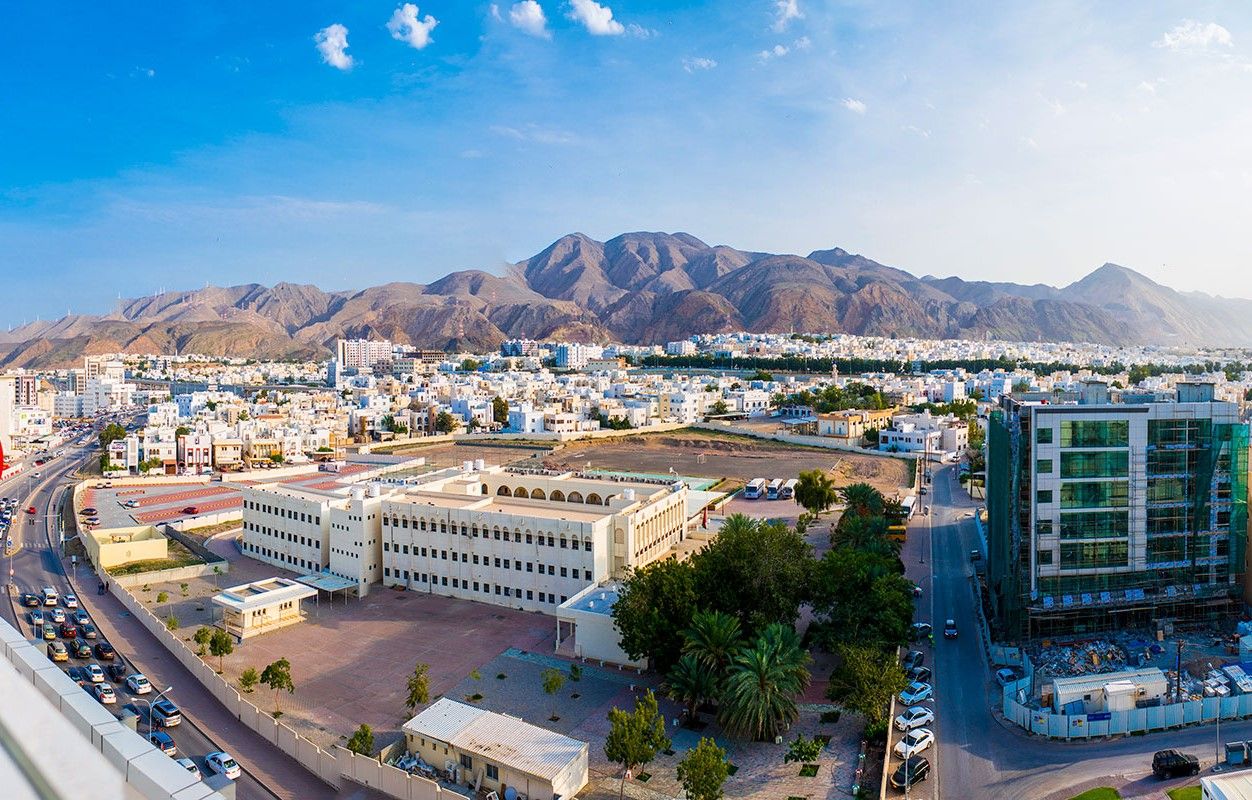
Most dangerous countries
As mentioned above, the Middle East still has its fair share of dangerous countries. The reasons can vary from religious intolerance to armed conflicts and even civil wars.
Syria
Although Syria isn’t the world’s least peaceful country, it still suffers from civil violence throughout its territory. Full-scale military operations with chemical weapons are still taking place in the country on a regular basis. Considering these facts, it is not safe to travel to Syria as a tourist.
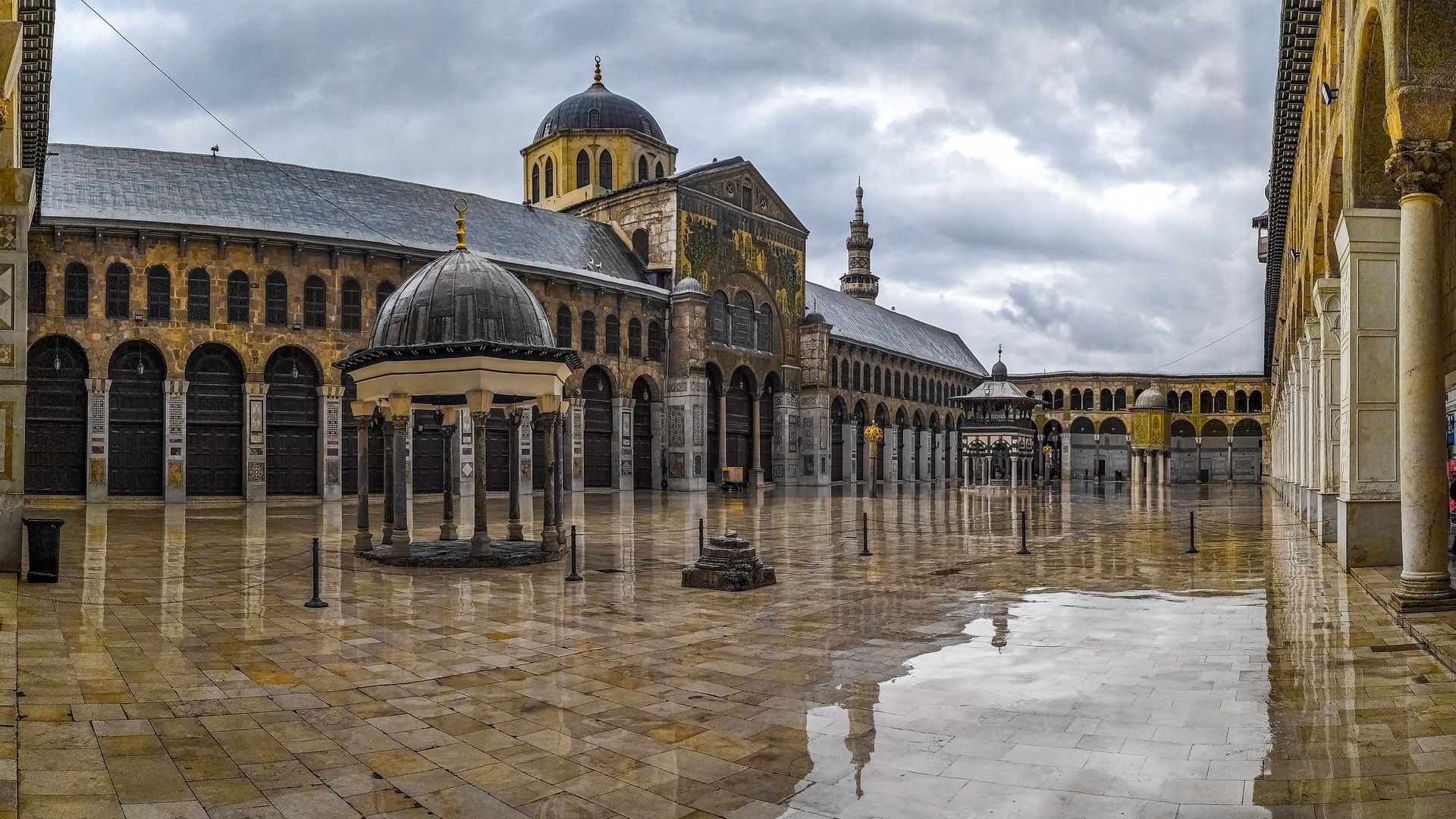
Afghanistan
Currently, Afghanistan is one of the most dangerous countries in the world, not just in the Middle East. Civil unrest and armed conflicts are the two major and crucial factors that make the country a dangerous place to travel.
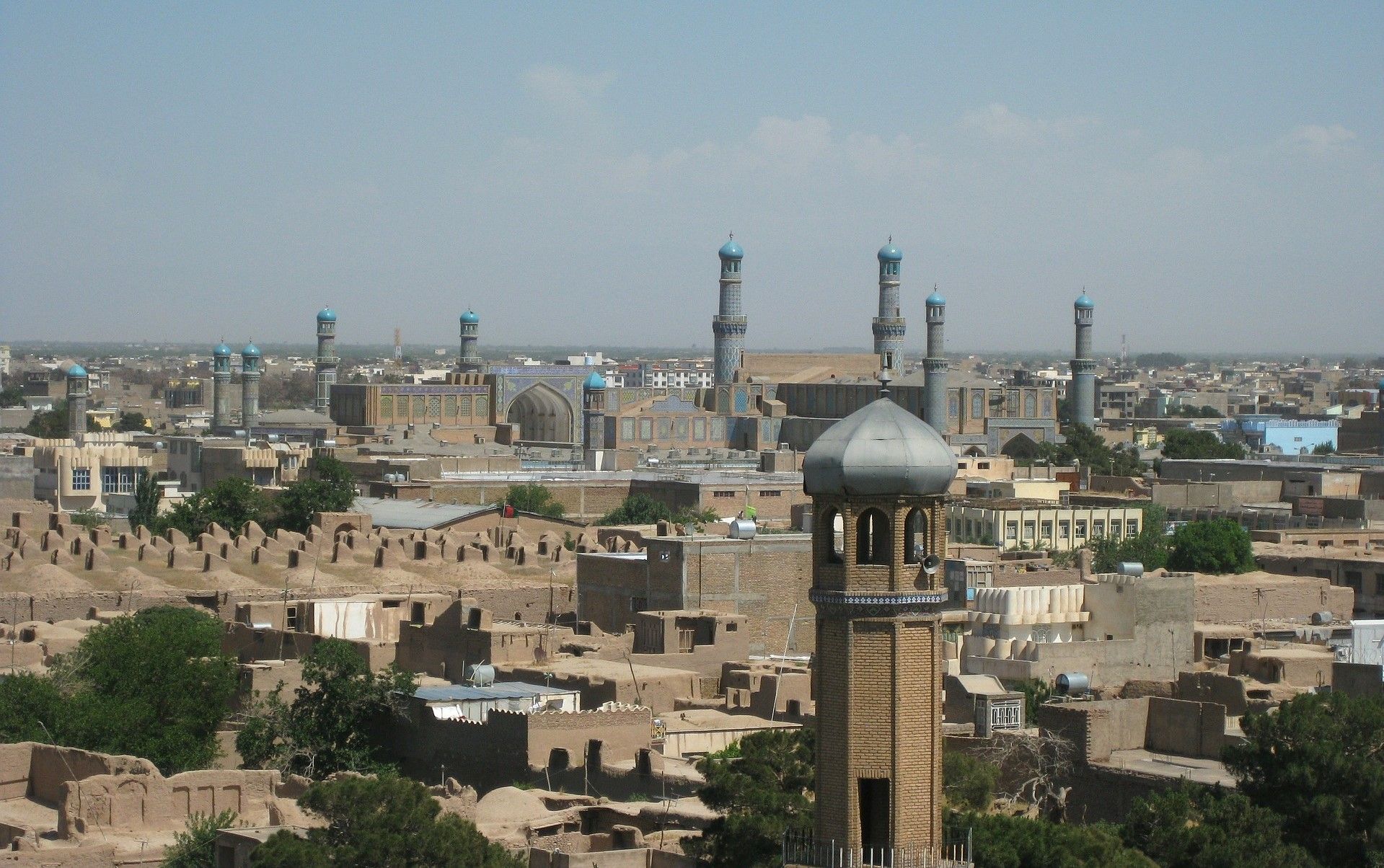
Yemen
Yemen is the country with the worst humanitarian crisis in the world. Over 24 million people – which is 80% of the country’s population – are in a dire need of protection and help, which has been blocked on multiple occasions. The continuing military conflicts raging in the country make it an emphatic “no” for travelling.
